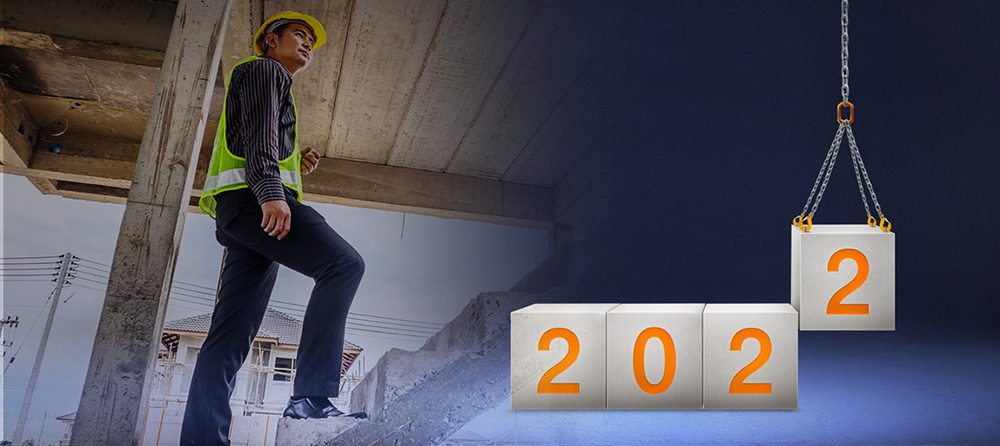Reflecting back and setting goals for 2022 included, for me, assessing the matches we made this year. Thankfully we had very few matches that didn’t work out. The “fall-offs,” as we call them, do, though, all have a common denominator. Bad behavior outweighs a person’s skillset, title, or supposed experience of employees, and occasionally employers, not taking responsibility in the failed relationship.
I’m starting with the man in the mirror
I’m asking him to change his ways
And no message could have been any clearer
If you wanna make the world a better place
Take a look at yourself and then make a change
– Michael Jackson
Career steps for those with ownership and/or hiring responsibilities and those taking a job with an employer require mutual accountability to the relationship. It is easy to assume mutuality and maintain the right attitude when things are going well. When things are not as smooth, we see behaviors play out—good or bad. When someone enters a working relationship, it’s like entering into a marriage—both parties have expectations based on what they heard, saw, and experienced during the interview or dating process. The gray area between black and white is where life happens, involving people, places, and circumstances that play out only with time. Those areas of gray are when we witness things in ourselves and others we least expected to see, hear, or watch play out. The Big Career Step you can make in the New Year is to learn more about yourself, which will allow you to control your thoughts and actions in the workplace. By learning to do so, you will gain time for making the best decisions when it comes to your career. The Big Career Step is the ability to work through your own expectations and those of others around you and communicate for clarity.
What behavioral expectations are unanimous for employers to expect from employees?
1. You show up and stay engaged in the job during your agreed working hours.
According to Forbes and other business experts, time-tracking tools for the remote workforce are up 60% since the pandemic. If everyone was where they were supposed to be and doing the time, wouldn’t the time-tracking companies be going out of business?
2. You own responsibility.
Andrew Carnegie is famous for saying, “The ability to accept and carry responsibilities is among the more profitable of accomplishments.” Many people in the workforce are nice to work with and agree to do their responsibilities, yet don’t follow through without constant supervision. If you think an employer is not asking you nicely, look back to see if they might be repeating themselves with a prior request of you. Own it whether others do or not.
3. Professional Communication.
Inc.com recently did an article on the three things you must always ask yourself before saying anything.
- Does this need to be said?
- Does this need to be said by me?
- Does this need to be said by me now?
Regardless of the role you have within an organization, it is your responsibility to communicate what needs to be said and do it promptly and with clarity. Some speak up a lot when they don’t need to; others don’t speak up when they should (without being asked). The above questions work for both sides, and if it needs to be said, and nobody else is saying it, then maybe you should. If it doesn’t need to be said and you say it anyway, maybe you shouldn’t.
The man who asks a question is a fool for a minute.
The man who does not ask, is a fool for life.
– Confucius
Three employer behaviors typically causing employees to resign are:
- The role, project scope, responsibilities, or players introduced during the interview dramatically changed, and no discussion took place for justification or buy-in to the change.
- The employee is on the company’s payroll and is part of the company, yet they are not warmly welcomed by their teammates or accepted at the company. Wrong cultural fit.
- Working hours, commute, or travel differs from what was agreed to, affecting their family life.
Still, to this day, it amazes me how many people in the construction industry change jobs every year or two and can never seem to find their career home. If that is you and you have not looked within yourself to see why it keeps happening, and you keep looking for the next job, you are looking in the wrong place. We do not have a shortage of construction managers, development managers, and supporting professionals in the industry. We have a shortage of individuals who want to take that Big Career Step and discover the little steps in their behaviors and actions that might change their lives forever in the workforce.
We are always available to offer you sound career advice if you want to receive it.
To Your Big Career Change—the Coachable Trainable You!
Happy, Healthy New Year,
Suzanne Breistol




